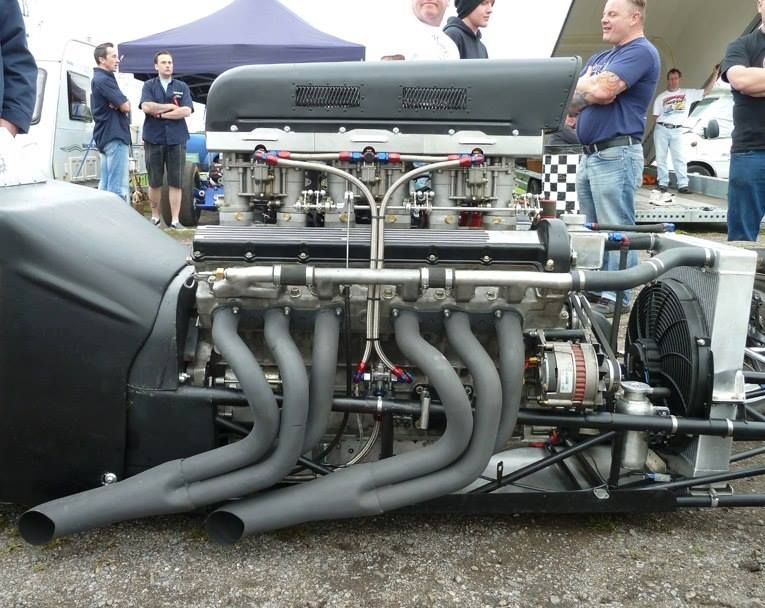Sludge. It’s the silent killer of engines. That thick, grimy goo can ruin even the most powerful machines if it builds up over time. And while most drivers think regular oil changes are enough to avoid trouble, some engines just seem cursed, building up sludge no matter how well you treat them.
On the flip side, there are those legendary engines that take abuse, skipped oil changes, cheap oil, and still come out clean and happy.
In this piece, we’re spotlighting 5 engines known for staying sludge-free, and calling out 5 infamous sludge monsters that clog up even when maintained like clockwork. We’ll keep it honest, straight to the point, and yes, we’re naming names.
Whether you’re a car enthusiast, shopping for a used vehicle, or just someone who wants their ride to last, this list will give you a real look at which engines you can trust—and which ones you might want to avoid unless you’re cool with breakdowns and engine overhauls.
5 Engines That Never Sludge
Let’s start with the heroes: those sludge-resistant champs that keep ticking like nothing can stop them. And then we’ll dive into the notorious engines that betray even the most responsible owners.
1. Toyota 2.4L 2AZ-FE (Found in Camry, RAV4, Scion tC)
This 4-cylinder workhorse is boring—and that’s what makes it great. It’s one of those engines that just refuses to die, even if you forget a few oil changes here and there. The 2AZ-FE is naturally aspirated, not overstressed, and has an overengineered oiling system that keeps the internals clean.

People drive these into the ground—literally 300,000+ miles—and they still start every morning without drama. It doesn’t demand synthetic oil, it doesn’t leak unless the gasket’s been abused, and it doesn’t sludge up.
It just… works. Toyota knew what they were doing here: keep it simple, cool-running, and easy to service. As long as you’re not topping it off with old fry oil, you’re good. Even when neglected, this thing shrugs off abuse like a champ. It’s a legend for a reason.
ALSO READ: 5 Cars with Bulletproof Electronic Systems and 5 That Short Out Easily
2. Honda K24 (Found in Accord, CR-V, Element)
Ask any mechanic who loves Hondas, and they’ll tell you the K-series is borderline unkillable. The K24, in particular, is known for being bulletproof. It’s got a rock-solid design, smart oil passages, and doesn’t run overly hot—a perfect combo to keep sludge from forming.
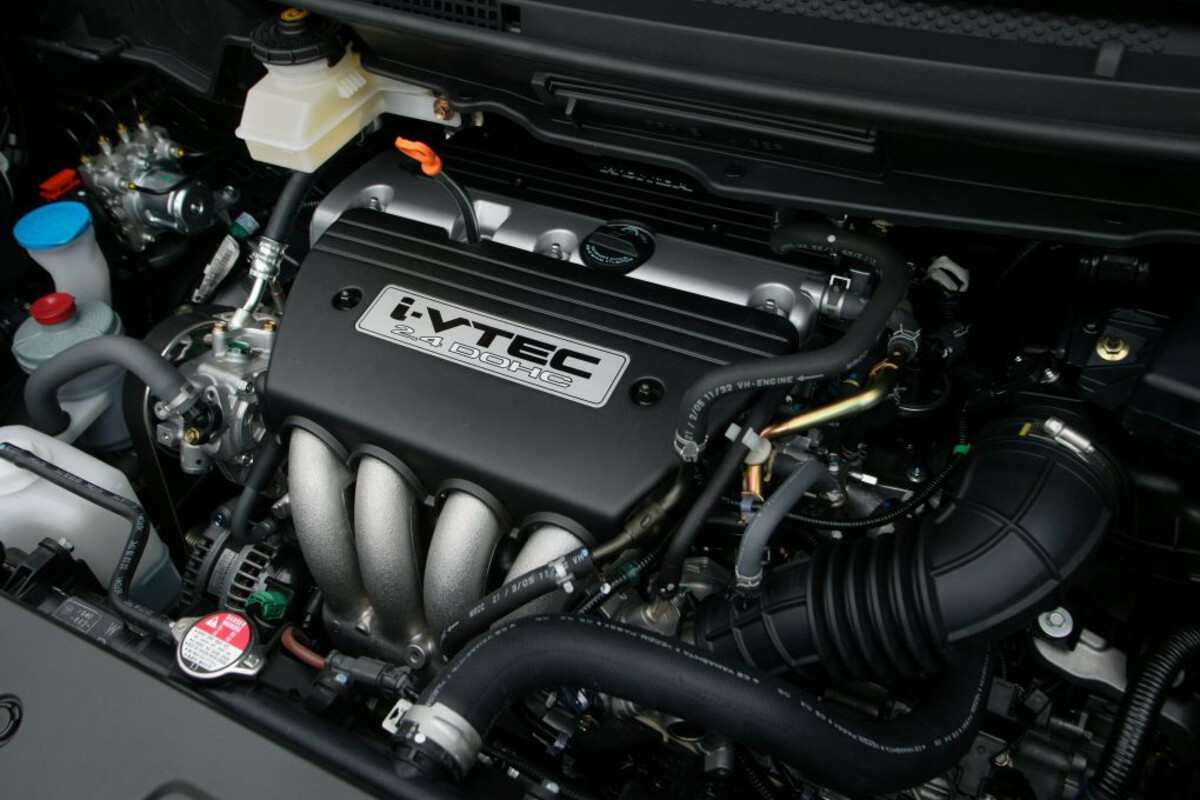
Even when neglected, these engines have a weird way of forgiving you. Cheap oil? No problem. A few missed changes? It’ll scold you with a rattle, but it won’t choke itself. Run clean oil through it regularly, and you’ll never see sludge.
Hondas put a lot of thought into oil flow and heat management in the K24, which helps keep deposits from forming in the first place. As long as you’re not doing anything completely insane, it’ll treat you well for hundreds of thousands of miles.
3. GM 5.3L Vortec V8 (Found in Silverado, Tahoe, Suburban)
Now here’s a V8 that knows how to party and still clean up afterward. The 5.3L Vortec is an engine that’s been around in various forms for years, and it’s built for abuse. GM designed it for trucks, which means it’s supposed to pull heavy loads, idle for hours, and get beaten up.

And yet? No sludge issues. Even older high-mileage Vortecs stay pretty clean inside if you’re even halfway decent with maintenance. This engine benefits from solid oil flow, loose tolerances (in a good way), and doesn’t overheat easily.
It’s a great combo. People who tow, haul, and never change their oil until the light comes on still get 200k+ miles from this beast. It’s an engine that’s low-maintenance in the best way possible.
4. BMW N52 Inline-6 (Found in 3-Series, X3, Z4)
Hold on—BMW? In the reliable list? Yep, the N52 is a unicorn among BMW engines. It’s naturally aspirated, doesn’t suffer from turbo heat soak, and is made from a magnesium-aluminum blend that helps with heat dissipation. That means less internal gunk and fewer sludge issues, even when oil changes aren’t perfect.
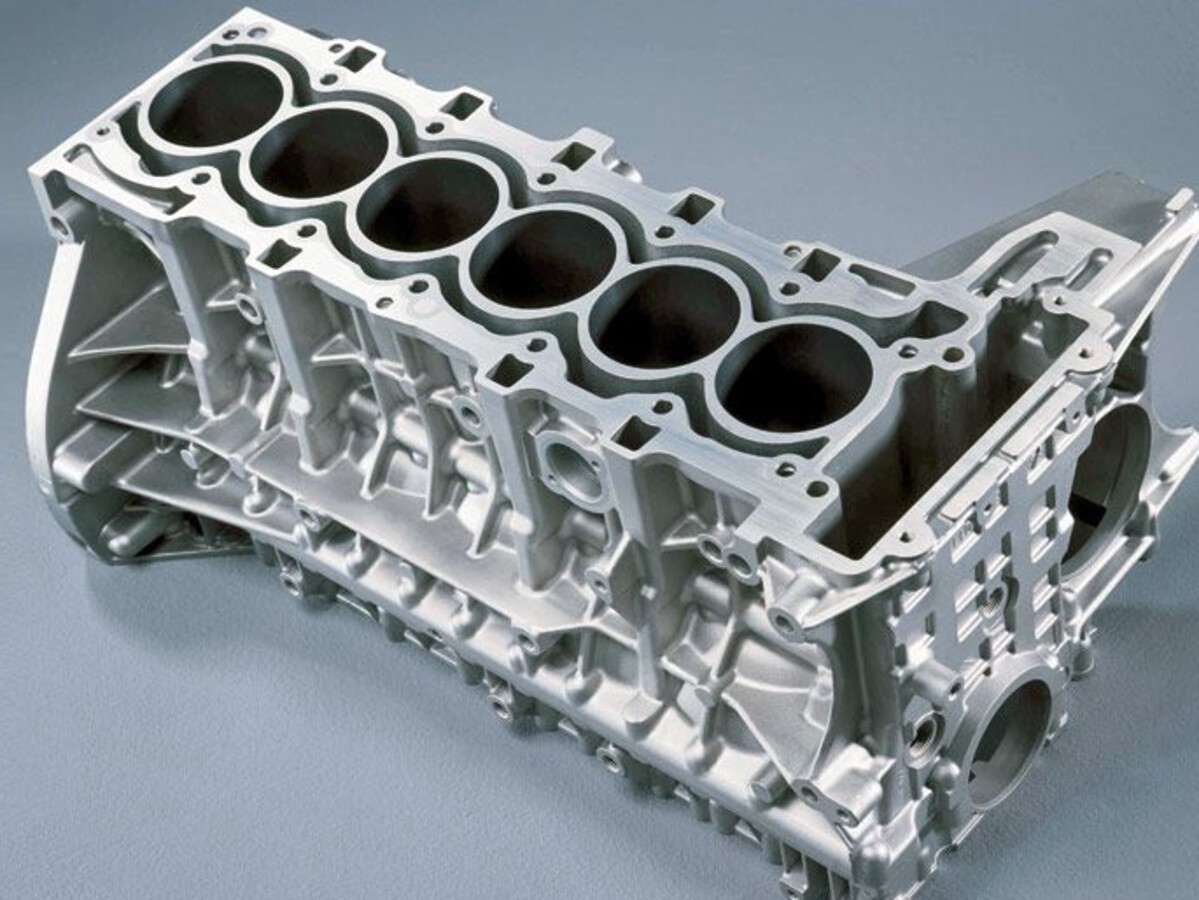
Owners of the N52 often hit 250k miles with minimal problems. As long as cooling is managed (BMWs love to overheat if neglected), sludge is rarely an issue.
It’s one of the few European engines that can match Toyota-level cleanliness if you stay on top of basic maintenance. Even with long factory oil change intervals, the internals stay surprisingly clean. A rare win from BMW’s overcomplicated playbook.
5. Ford 4.6L Modular V8 (Found in Crown Vic, F-150, Mustang GT)
Old-school police cruisers and work trucks ran this engine hard, and it held up. The 4.6L Modular V8 might not be flashy, but it’s dependable and clean-running.
Designed in the ’90s with longevity in mind, it features solid oil distribution and doesn’t build up sludge unless something’s seriously wrong.
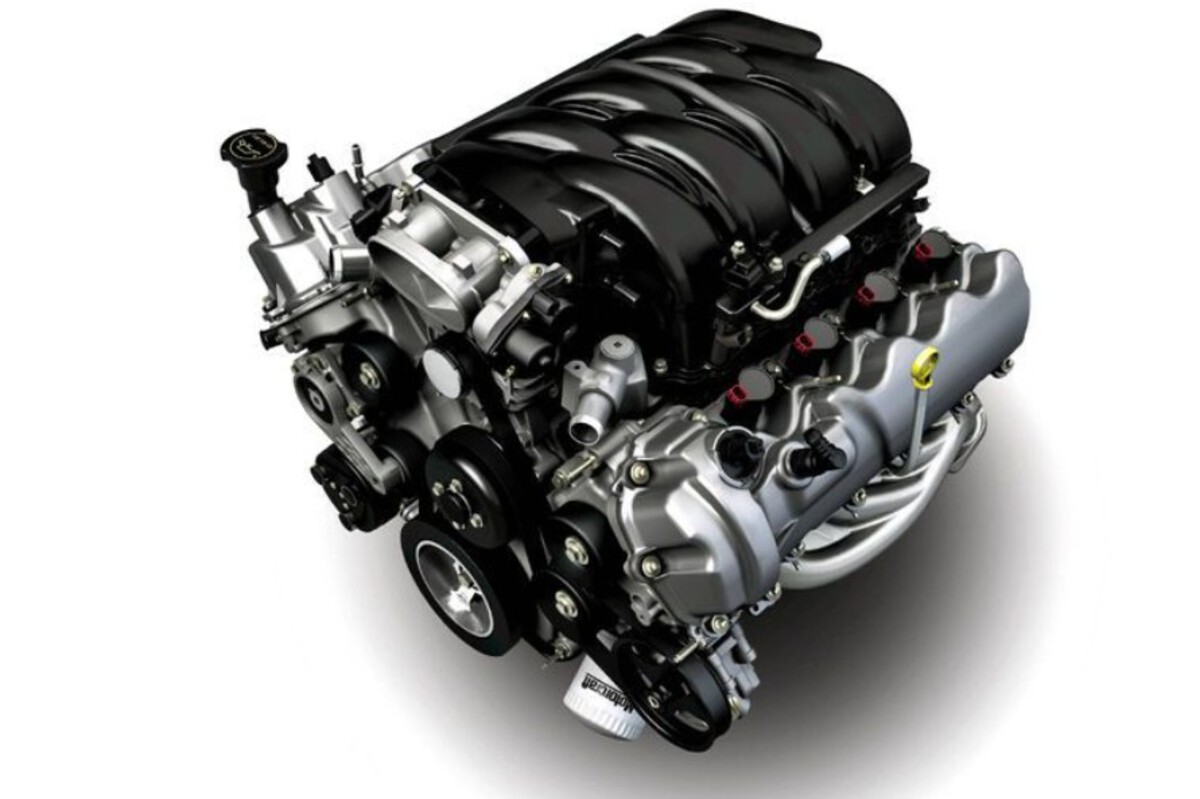
Whether it’s pounding out miles on the freeway or idling for hours, the 4.6L holds up. Regular oil changes keep it spotless inside, and even when people use bottom-shelf oil and forget scheduled maintenance, it rarely sludges up.
Mechanics love these for a reason—they’re predictable, easy to work on, and they don’t surprise you with gross black goo in the oil pan.
5 Engines That Sludge Even With Regular Oil Changes
Regular oil changes are supposed to be the key to keeping your engine healthy — but that’s not always enough. Some engines are prone to developing thick, sticky sludge even when owners follow maintenance schedules to the letter.
Sludge buildup can choke an engine’s internal components, restrict oil flow, and eventually lead to costly repairs or complete failure. In this article, we’re highlighting five engines that have earned a reputation for sludging up regardless of how well they’re maintained.
If you’re in the market for a used vehicle or want to know what’s lurking under your hood, these are the engines you need to watch out for.
1. Toyota 3.0L V6 1MZ-FE (Found in Camry, Sienna, Solara)
Surprised? Toyota’s not perfect. The 1MZ-FE is infamous for sludge problems. This engine, particularly the early 2000s versions, had narrow oil passages and poor PCV systems, which made it a sludge magnet—even for drivers who followed the maintenance schedule religiously.
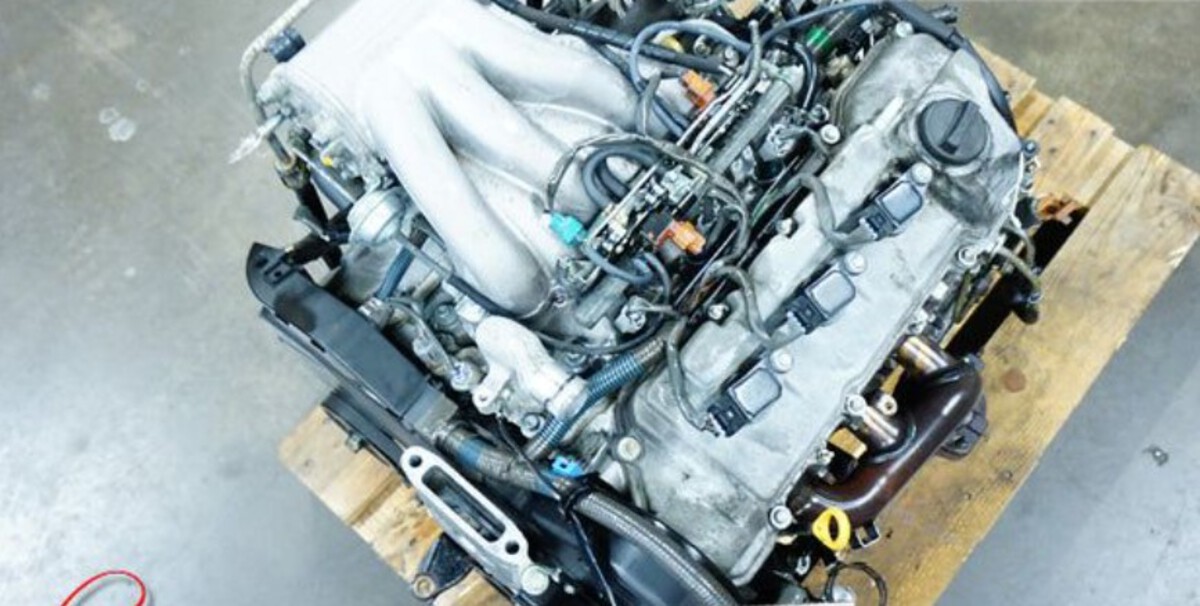
Toyota eventually acknowledged the problem and extended warranties for sludge-related repairs, but that didn’t help people whose engines were already gunked up.
Even synthetic oil didn’t always prevent it. If you’re buying a used car with this engine, remove the valve cover and look inside. You might be shocked. Clean one minute, clogged the next. It’s the opposite of what you expect from Toyota.
ALSO READ: 6 Crossovers Where Rear Cargo Lid Hits Tall Drivers
2. Chrysler 2.7L V6 (Found in Intrepid, Sebring, Concorde)
This engine is so bad it’s practically a punchline. The 2.7L V6 from Chrysler is the ultimate sludge horror story. Poor design, overheating problems, and a nightmare oiling system mean this engine can die with under 60k miles—even if you change the oil on time.
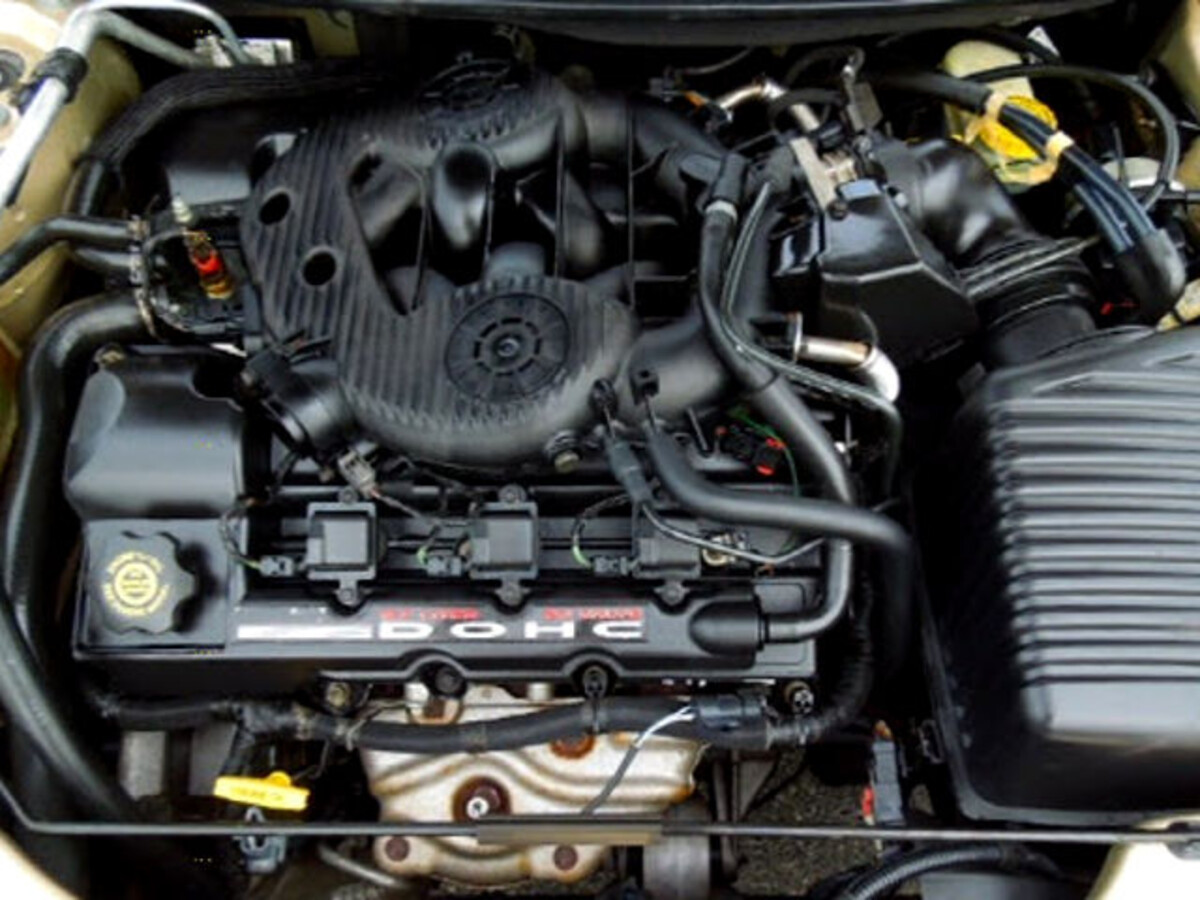
Internal coolant leaks mix with oil, creating sludge that can wreck the bottom end fast. Mechanics saw these engines fail regularly, and many were replaced before they even hit 100k. Chrysler eventually moved on from this disaster, but used models with this engine are best avoided unless you like engine rebuilds as a hobby.
3. Volkswagen 1.8T Turbo (Found in Passat, Jetta, Audi A4)
The early 1.8T engines from VW and Audi are notorious for sludge. Why? Small oil passages, turbo heat, and long oil change intervals (recommended at 10,000 miles) made for a sludge soup under the valve cover.
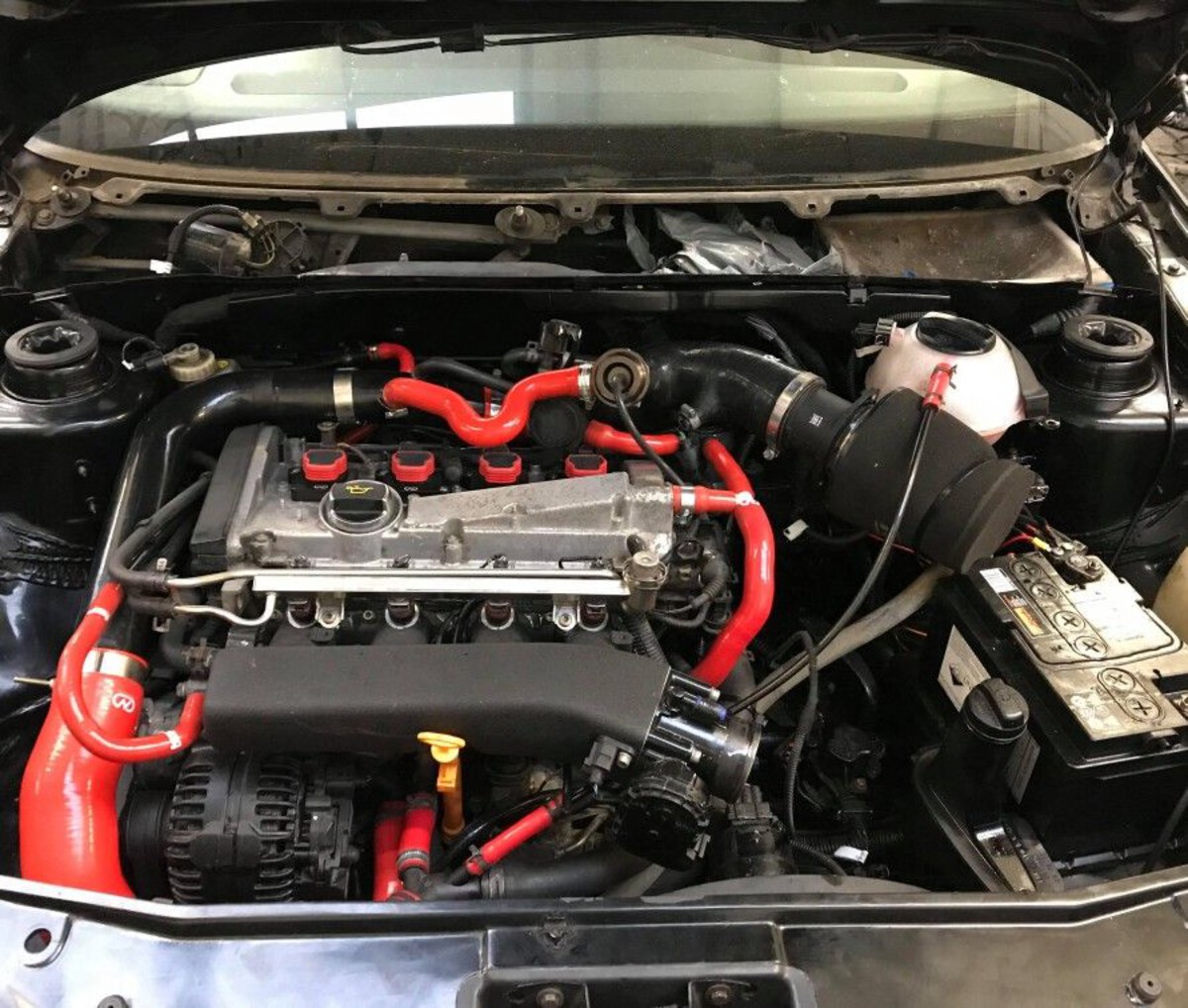
Even when owners did everything right, some engines still clogged up. The turbo doesn’t help—it cooks the oil, especially if the driver doesn’t let the car idle before shutdown. Add to that questionable PCV systems, and you’ve got a mess. VW later revised the engine, but the early 2000s versions are a gamble. If you’re eyeing a used one, have a mechanic scope it out. Trust no one.
4. Audi 2.0T TFSI (Found in A4, A5, Q5)
Another one from the VW-Audi group. The 2.0T TFSI, particularly the first-gen, suffers from oil consumption issues and—you guessed it—sludge. Direct injection, turbocharging, and poorly designed PCV systems all combine to gunk up valves and build up carbon and sludge, even with top-tier oil.
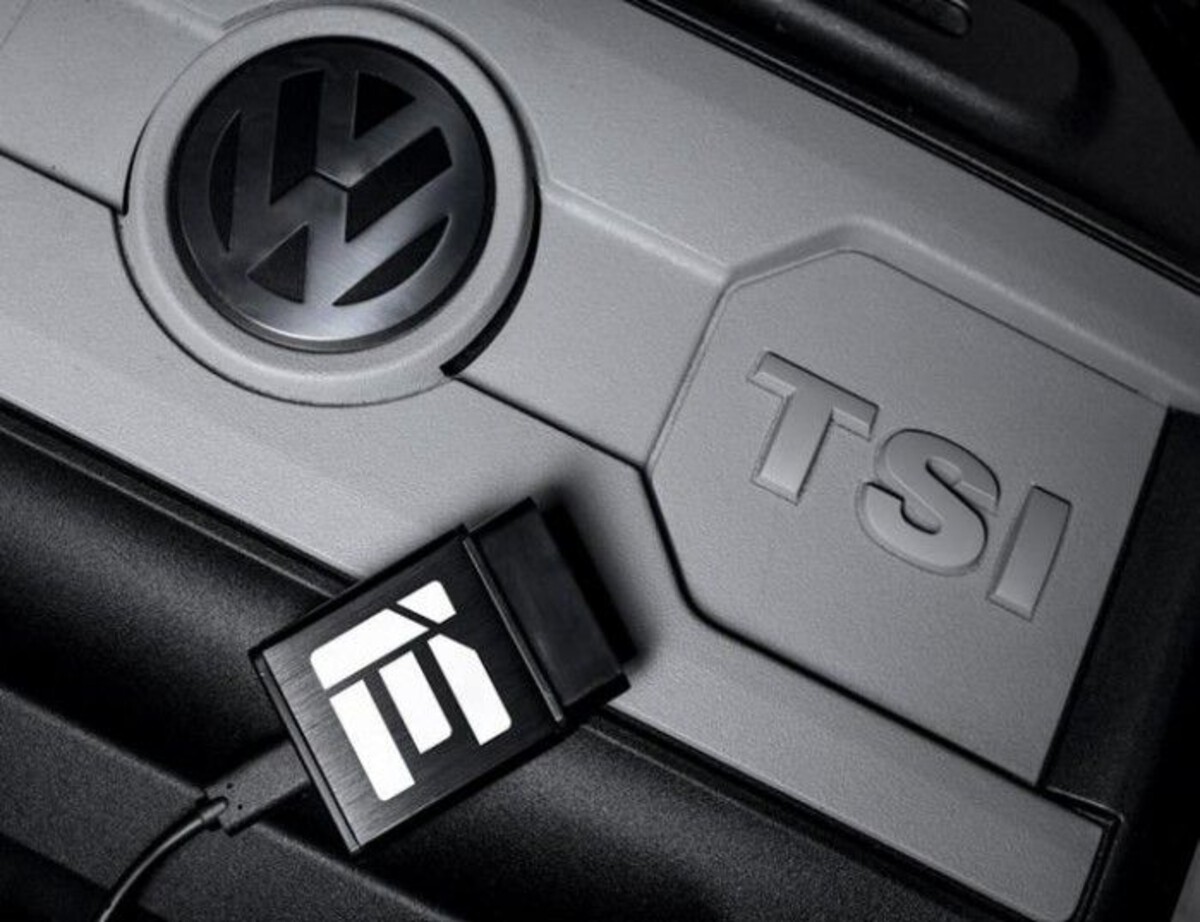
People who change oil every 5k miles still run into buildup. These engines are known for burning oil fast, and if you don’t top it off constantly, things go south quickly. There were class action lawsuits over it, and Audi made some changes in later models, but if you’re buying a used one, do it with your eyes wide open.
5. BMW N54 (Found in 335i, 135i, 535i)
The N54 is a twin-turbo masterpiece—on paper. But in reality? It’s an oily, gunky headache. The heat from those two turbos plus direct injection causes intense carbon and sludge buildup, especially around the valve train. Even people who religiously use synthetic oil and change it every 5,000 miles deal with issues.
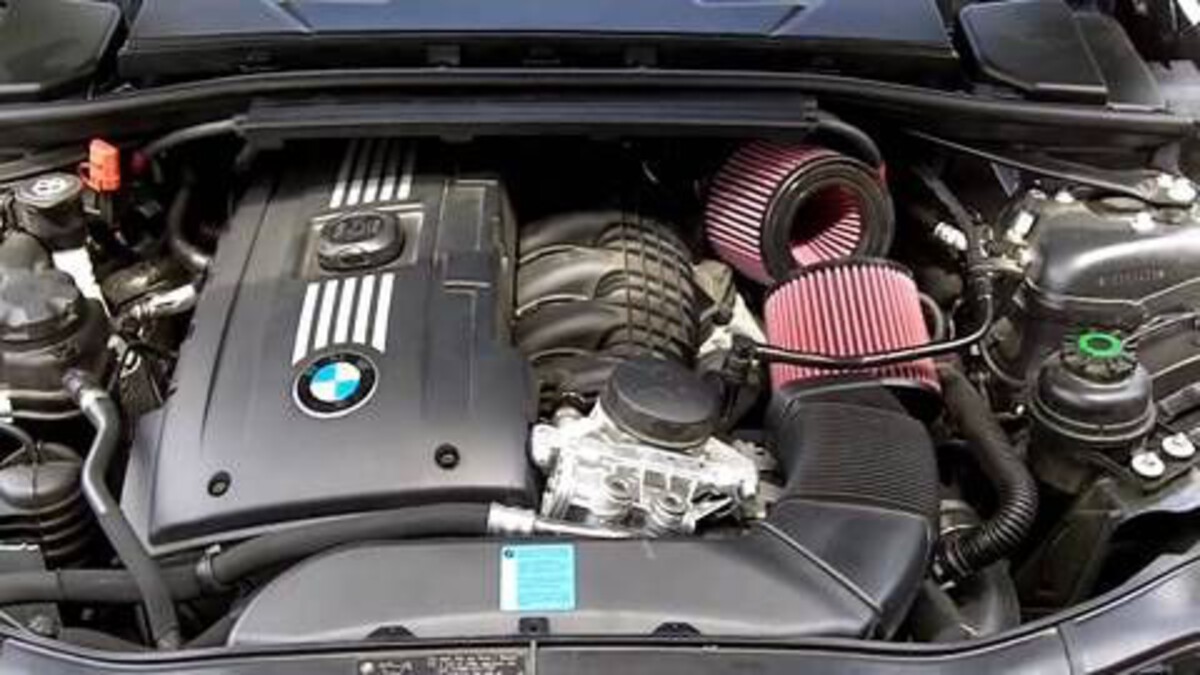
It gets worse if the PCV system fails or the car is driven hard. BMW fans love the performance of the N54, but they all admit the engine needs walnut blasting, oil catch cans, and constant attention to stay clean. If you’re not committed to constant upkeep, sludge will sneak in and destroy the fun.
Engines are like people—some handle stress like a monk, others break down even when pampered. Just because a car comes from a “reliable” brand doesn’t mean the engine is bulletproof. As you’ve seen, even Toyota and BMW have their dirty little secrets, while GM and Ford have some underappreciated clean-running champs.
The key takeaway? Do your homework. Look past the badge, check the engine code, read the forums, and talk to mechanics. Some engines thrive with basic maintenance and reward you with years of reliable service. Others will punish you for following the owner’s manual to the letter.
And here’s a final tip: pull the valve cover when in doubt. A peek inside tells you more than any sales pitch ever will.
If you’re buying a used car, know the engine’s rep. If you already own a sludge-prone one, be religious with oil changes, use top-quality synthetic, and check for leaks early. A little awareness goes a long way.
Want an engine that runs forever? Stick to the proven heroes. Want trouble? Choose from the sludge club. Either way, you’ve been warned.

